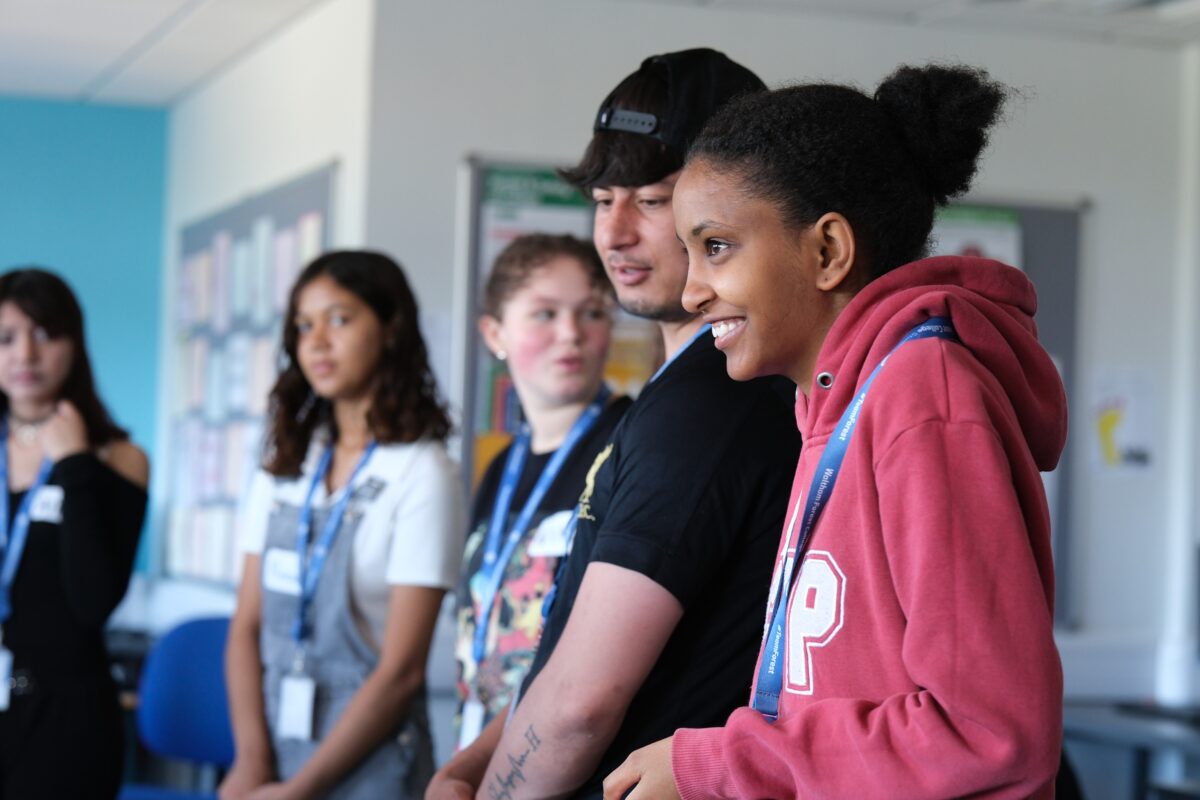Time to Rethink Careers Advice

The latest DfE Consultation affecting the Skills and Post 16 Education Act regards careers advice and specifically aims to ‘strengthen the statutory requirements for schools to provide opportunities for providers of technical education and apprenticeships to talk to year 8-13 pupils’.
The fact that this consultation is issued reflects the struggles for young people to get proper advice since at least 2017 – and what about those already in technical provision, an apprenticeship, at college or even adults long established in the labour market? The fact that the statutory duty that is ‘The Baker Clause‘ which was been around since January 2018 needs to be “re-invigorated” and strengthened implies its enforcement was insufficiently planned for, or that Ofsted as a regulator does not see this as important.
Reflecting on the Purpose of Qualifications
If we reflect on the stated purpose of many qualifications, if it is for progression, then guidance on that progression is critical to the rationale for undertaking a programme of study to obtain the qualification concerned. Many schools and colleges undertake this admirably but not all whilst others may have their own success criteria that can influence the advice they give or source.
Career provision improved considered since my halcyon school days when you were directed to a room of books containing such edifying titles as Polly becomes a Physiotherapist and Daisy becomes a Doctor – novels with obligatory romance. However following years of growth it came crashing down and needs a thorough overhaul if we’re to enable people at all stages in their life and career to make informed choices. High quality and open careers guidance is critical unless we are prepared to wait potentially generations for change. This is particularly important for those occupations desperate for new entrants, but languishing from historically inaccurate perceptions within the public understanding.
One of the biggest joys of being Chief Executive of an Awarding Organisation and Access Validating Agency is being invited to all kinds of educational and skills based providers to talk to learners and often about careers advice. For me this is about letting people know of the choices they have if their first choice doesn’t work out or runs its course. How many of us are doing the job we dreamed of at 16? Careers today are no longer linear but can be lateral and at times, even disparate.
Growing Knowledge of Apprenticeships in Schools
Apprenticeship knowledge is growing within schools but still depends on the leadership team and their view and understanding of Apprenticeships at all levels. However employers still don’t fully understand their options and too often rely on contact from different training providers. Training providers may have natural incentives to provide nuanced guidance which may not be fully impartial. Independent guidance will help to reduce any risk of unconscious bias. Tackling the gap within employers would also boost the knowledge of parents and carers, which is also greatly needed. Drive up employer interest – create more opportunities at all levels and we can see greater opportunities within the system.
The governments’ flagship programme of Technical Levels also needs much better understanding by just about everyone not just within the sector but with employers; as well as much clearer assistance for employers who are struggling with pandemic recovery and needing to understand how placements can help them and their industry. Parents and many schools are still completely unsighted on this and whilst I have reservations about T Levels if they are a choice then more work is needed.
Don’t even get me started on Access to Higher Education diplomas. Such an amazing qualification and suitable for all ages needing to get to University at any stage in their life. At Open Awards our youngest student has been 17 and our oldest in their 60s, especially with many people look to switch careers after the pandemic. It’s flexible and can be undertaken alongside employment and/or caring responsibilities and often with a blended delivery model so it’s incredibly versatile. When I mention it as careers events quite often the largest queue afterwards is from teachers and lecturer’s, many of whom have never heard of it.
If DfE are serious about providing the right advice to people looking for their next educational stage, upskill or change career – no matter their age let’s stop tinkering round the edges – the responsibility shouldn’t rest with individual schools or colleges who have enough to do – it needs to be all encompassing and cover from year 7 through to employees looking to retrain. It needs to be consistent and above all it needs to be delivered by people who fully understand all the many options available – nationally and locally.
It needs not only independence and integrity but imagination and to build on the links The Careers and Enterprise company have built so it uses the best local employers. One of the best sessions we ran here in Liverpool was with a local Premier League club entitled ‘So You Wanted to be a Footballer’ where we worked with young people and Adults to identify all the careers linked to football and having done the mind map provided all the pathways details and links to interviews with people in those careers. We need more of this but also for adults who are choosing or having to retrain. What happened to the learning from pilots for the National Retraining scheme?
Now – if anyone knows how I get a wine tasting contract I’m open to advice…
By Heather Akehurst, Chief Executive, Open Awards











agree as an engineering apprentice assessor , iv , ev , epa ,examiner.
We seem to be putting up qualifications to achieve , but not perhaps the end requirement. At a college open day a parent wanted their son to be an apprentice welder ,but had not considered the local demographic or this industry.
I believe that the framework nvq coupled with btec and functional skills worked well to prepare learners for industry , however standards put more emphasis on the employer judging the met skills